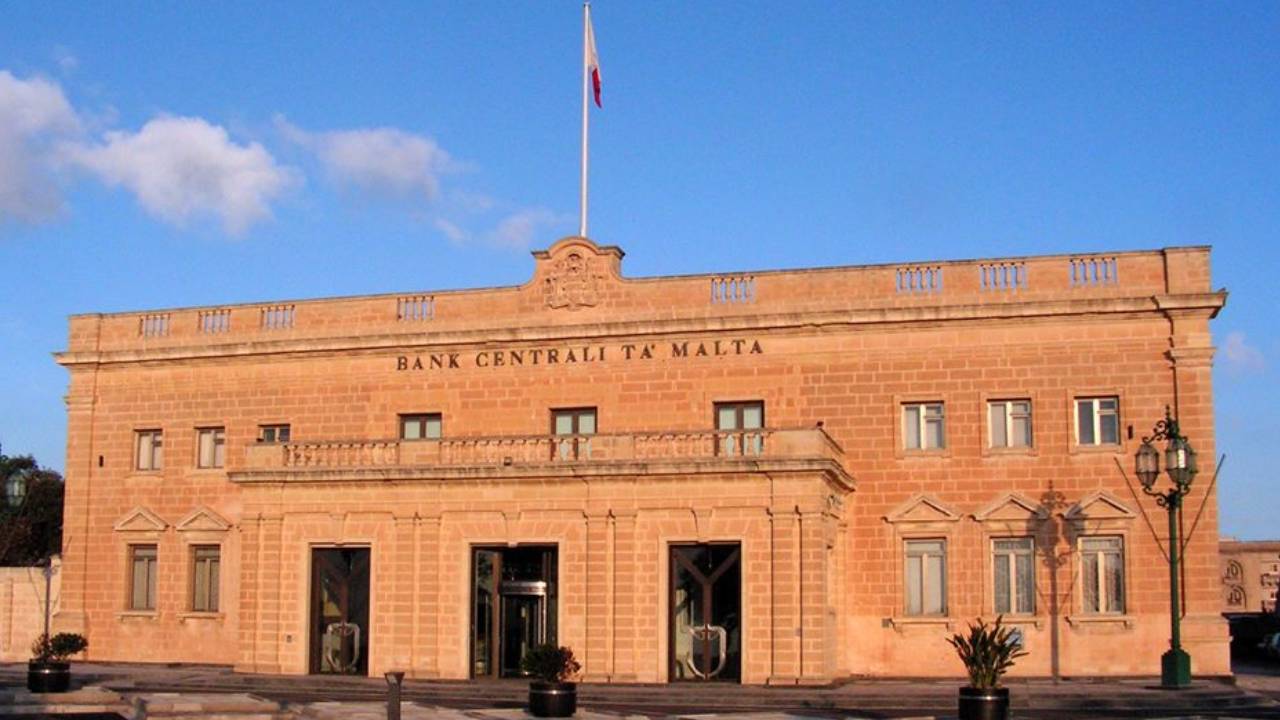Understanding Malta Banking Regulations

Malta is a small island nation located in the Mediterranean Sea, with a thriving banking sector that serves both domestic and international clients. But what are the regulations that govern the banking industry in Malta? In this article, we’ll provide an overview of Malta’s banking regulations, including the key laws and regulatory bodies involved.
Introduction
The banking sector is an important part of Malta’s economy, contributing significantly to the country’s GDP. In order to ensure the safety and stability of the banking system, Malta has a range of regulations in place that govern the operations of banks and financial institutions. In this article, we’ll explore these regulations in more detail.
Malta’s Banking Regulations
Central Bank of Malta
The Central Bank of Malta (CBM) is the primary regulatory body for the banking sector in Malta. It is responsible for overseeing the operations of banks and other financial institutions, as well as ensuring the stability of the financial system.
Banking Act
The Banking Act is the primary legislation governing the operations of banks in Malta. It sets out the requirements for the establishment and operation of banks, as well as the powers and responsibilities of the CBM.
Capital Requirements Directive
The Capital Requirements Directive (CRD) is a European Union regulation that sets out the minimum capital requirements for banks and other financial institutions. Malta, as an EU member state, is required to comply with the CRD.
Anti-Money Laundering Regulations
Malta has a range of anti-money laundering regulations in place to prevent the use of the banking system for criminal activities. These regulations include the Prevention of Money Laundering Act and the Proceeds of Crime Act.
Data Protection Regulations
Data protection is an important issue for banks, as they hold sensitive information about their clients. Malta has a range of data protection regulations in place, including the General Data Protection Regulation (GDPR).
Conclusion
The banking sector is a vital part of Malta’s economy, and the country has a range of regulations in place to ensure the safety and stability of the sector. The Central Bank of Malta is the primary regulatory body, while the Banking Act, Capital Requirements Directive, anti-money laundering regulations, and data protection regulations all play important roles in governing the operations of banks and financial institutions in Malta.
Investors and clients of the banking sector in Malta should be aware of these regulations and the role they play in ensuring the safety and security of the banking system.
FAQs
What is the role of the Central Bank of Malta in regulating the banking sector?
The Central Bank of Malta is responsible for overseeing the operations of banks and financial institutions, as well as ensuring the stability of the financial system.
What is the Banking Act?
The Banking Act is the primary legislation governing the operations of banks in Malta.
What is the Capital Requirements Directive?
The Capital Requirements Directive is a European Union regulation that sets out the minimum capital requirements for banks and other financial institutions.
Why are anti-money laundering regulations important for banks in Malta?
Anti-money laundering regulations are important for preventing the use of the banking system for criminal activities.
What data protection regulations apply to banks in Malta?
Banks in Malta are subject to the General Data Protection Regulation and other data protection regulations to protect sensitive client information.
Recommended Posts

Legal Nuances of Operating an Online Casino
May 17, 2024

Overview of Business Finance in Malta
May 17, 2024

Enhancing Payment Security with Blockchain
May 17, 2024



